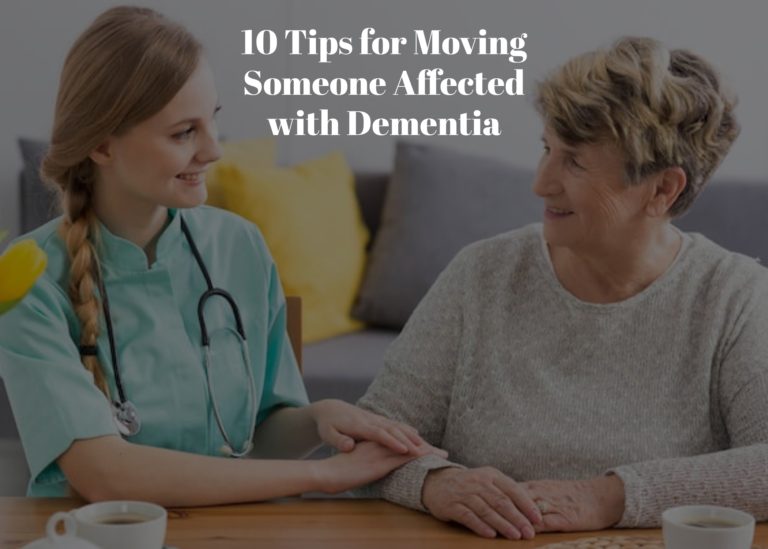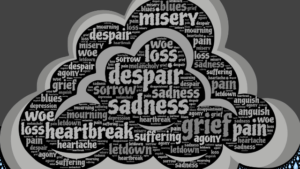


A more complex task with a sequence of steps, such as following a new recipe, might also become much harder. Navigating stairs is a common difficulty.Īs the damage spreads to the frontal lobes, someone with Alzheimer's may struggle with decision-making, planning or organising (eg family finances). If there is damage to the right parietal lobe then the person might have problems with judging distances in three dimensions. The person with Alzheimer's disease may also respond to someone at an emotional level even if they seem not to recognise them. However, because the pathways for vision and hearing are separate, they may still know who that person is once they hear them speak. The person may seem to forget who a familiar person is. The cortex overall becomes thinner (so memories from longer ago are lost) and the brain gradually shrinks.ĭamage to the left hemisphere is linked to problems with semantic memory and language, so someone may struggle to find the right word for something.ĭamage to the visual system in the temporal lobes makes recognising familiar faces and objects harder. They may therefore respond more according to how they feel about a place or person than in a more logical way.Īs Alzheimer's disease damage spreads through the brain, additional areas and lobes become affected.

So a person with Alzheimer's will often recall emotional aspects of something even if they don't recall the factual content. In Alzheimer's disease, the amygdala is generally affected later than the hippocampus. This is why someone in the earlier stages of Alzheimer's (with a damaged hippocampus but an intact cortex) may remember a childhood holiday but struggle to remember what they ate for breakfast that morning. The hippocampus is needed for retrieval of memories, but retrieving those from longer ago may depend on it less. A person with Alzheimer's may struggle to remember what they did earlier that day, or what they have just said, meaning they may repeat themselves in conversation.

This makes it much harder for someone to form new memories or learn new information. In Alzheimer's disease, among the areas often damaged first are the hippocampus and its connected structures. All-Party Parliamentary Group on Dementia.Carer Information and Support Programme.What’s it like to take part in research?.Research on risk factors and prevention.Make your organisation more dementia friendly.Making your community dementia friendly.Take part in Dementia Voice opportunities.Benefits for people affected by dementia.Using technology to help with everyday life.Equipment, adaptations and improvements to the home.Five things you should know about dementia.


 0 kommentar(er)
0 kommentar(er)
